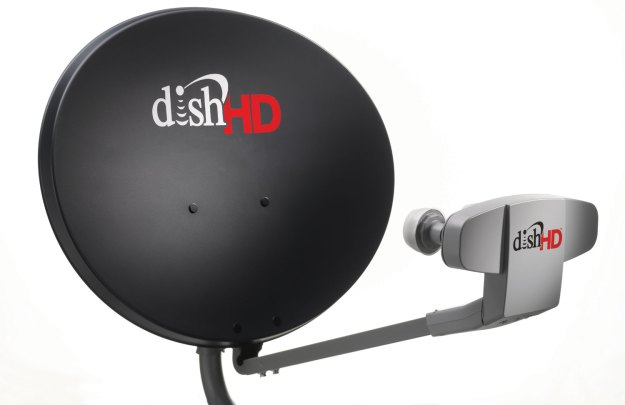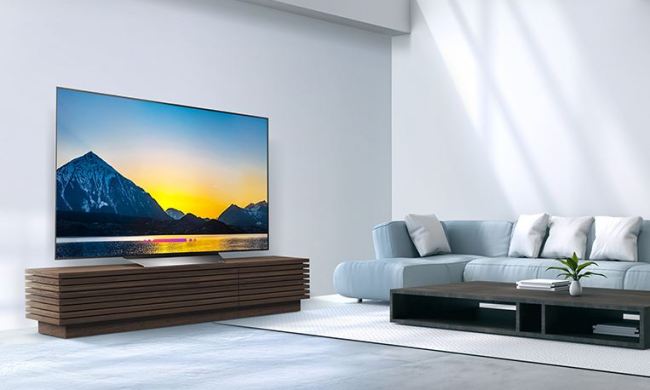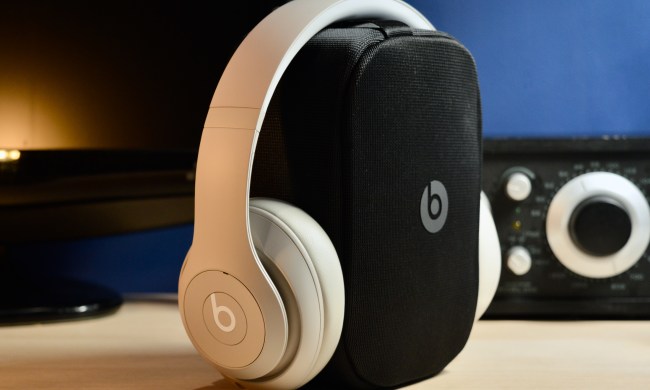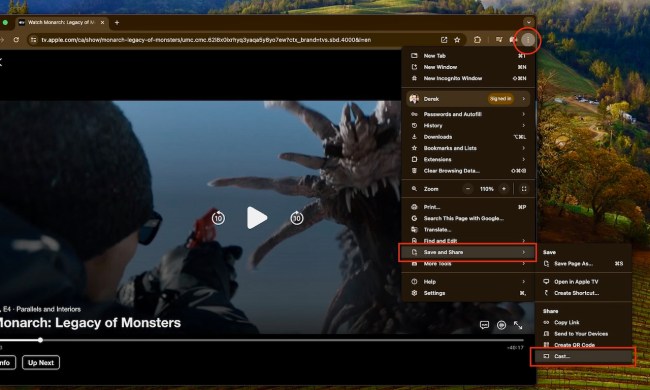
According to a press release issued by the U.S. Federal Trade Commission (FTC) earlier today, the government organization announced that DISH Network is facing a new lawsuit due to allegations that the company violated rules regarding the company’s internal Do-Not-Call list. According to the legal documentation, DISH Network telemarketers are required to avoid consumers on the national Do-Not-Call list in addition to halting all calls to consumers after the consumer specifically asks to be placed on the company’s internal Do-Not-Call list. The FTC filed this lawsuit in an Illinois district court and is alleging that DISH Network has continued to call millions of consumers around the United States that already asked to be placed on the company’s internal Do-Not-Call list.

According to the filing, the FTC is asking for extensive civil penalties for each violation. For every violation prior to February 9th, 2009, the FTC is requesting $11,000. For every violation beyond that date, the FTC is seeking $16,000 in penalties. The FTC believes that DISH Network started violating these rules starting on September 1, 2007. According to Reuters, a DISH Network spokesperson said the company disagrees with the lawsuit and plans to prove that the company didn’t violate the regulations with the help of a “third-party industry expert.”

In addition to that lawsuit, the FTC also settled with two authorized DISH Network dealers during 2009 for violating rules regarding the national Do-Not-Call list. The penalties for those two companies totaled approximately $1.25 million, but the penalties were suspended due to the inability of the defendants to pay based on financial constraints.
In a similar case, DirecTV settled with the FTC during 2005 and paid $5.3 million on penalties for violating the national Do-Not-Call list. At the time, that was the largest civil penalty that the FTC had announced for violating the rules dictated by the Do-Not-Call list. Regarding the $5.3 million penalty, former FTC chairman Deborah Platt Majoras stated “This multimillion dollar penalty drives home a simple point: Sellers are on the hook for calls placed on their behalf. The Do Not Call Rule applies to all players in the marketing chain, including retailers and their telemarketers.”


